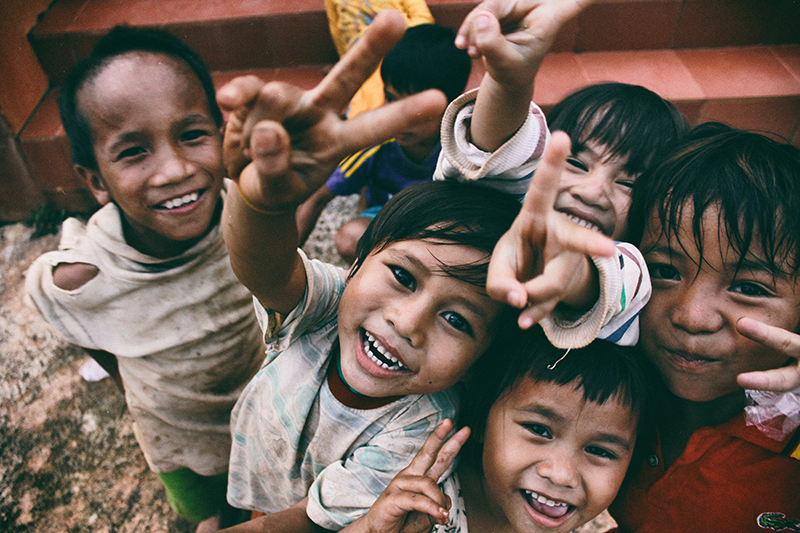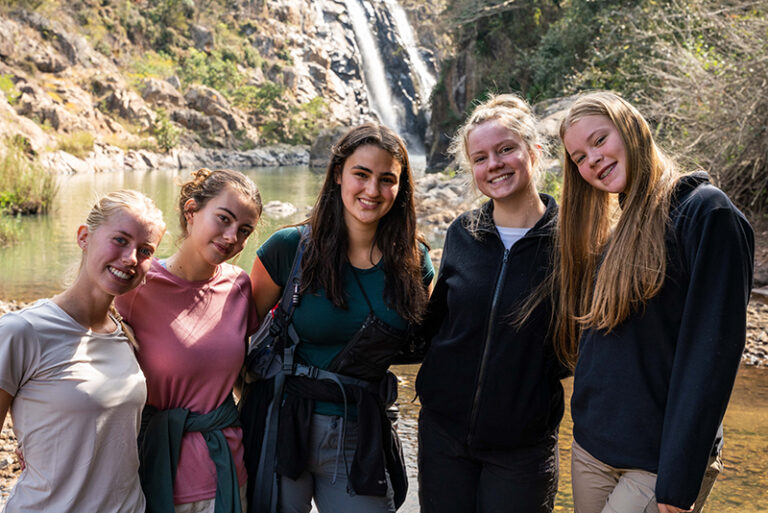If you want to make a positive impact during your travels, you might have considered volunteering at an orphanage abroad. These experiences are said to offer love and hope to orphan children, particularly those in the areas worst affected by poverty around the globe.
But sadly these good intentions may have a detrimental effect. Visiting orphanages – or “orphanage tourism” as it’s sometimes known – can actually harm the very children it promises to protect. And with an estimated eight million children living in orphanages across the world, that’s a lot of children at potential risk.
The British government agrees. In 2019, it updated its travel advice to discourage tourists from visiting and volunteering in orphanages, saying it could have “serious unintended consequences for vulnerable children and communities.” It may seem heartless at first glance, but there is a growing global campaign with this core message: don’t visit orphanages.
At World Challenge, we bucked this trend even earlier. In 2017, we partnered with ReThink Orphanages and ended our involvement with orphanages and residential care facilities for children. We believe that the welfare of children should be put first, and reject any activity that uses children as a tourist attraction.
The problem with visiting orphanages
J.K. Rowling put it succinctly when she spoke about the issue at the One Young World Summit back in 2019. Urging students not to volunteer at orphanages, the Harry Potter author said these institutions do “irreparable harm”, adding: “Despite the best of intentions, the sad truth is that visiting and volunteering in orphanages drives an industry that separates children from their families and puts them at risk of neglect and abuse.”
One of the shocking truths is that the vast majority of these children don’t necessarily need to be there – over 80% of children in orphanages have a living parent. They may be placed in these institutions for a multitude of reasons, including poverty, disability, discrimination, migration, trafficking, and a lack of access to health, education or family support services.
However, institutionalisation has profound effects on children’s normal development and makes them vulnerable to abuse and trafficking. As they grow up, these young people are more likely to experience mental health problems, struggle to form healthy relationships and adapt to the demands of independent living. A study (a 2006 UNICEF report looking at Russian orphanages) found that one in three young people who leave residential institutions becomes homeless, one in five ends up with a criminal record, and one in ten takes their own life.
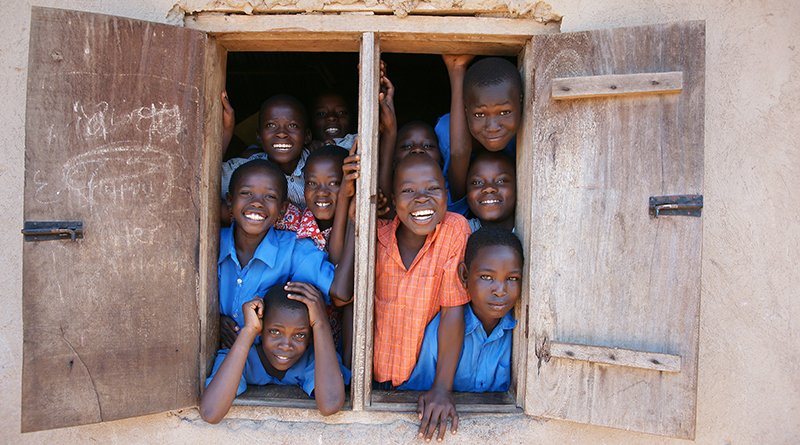
Breaking the cycle of demand
Put simply, orphanage voluntourism and foreign funding create a demand for children to be in orphanages. Some orphanages receive funding per child or depend on volunteer donations – creating an incentive for them to recruit children into care. “Child finders” or “orphanage brokers”, as these recruiters are sometimes labelled, capitalize on parental concerns about poverty and other issues to persuade parents to hand over their children. These young people are then used to attract international donations and volunteers, with corrupt orphanages reportedly profiting through these donations or child trafficking.
Tourism and foreign donations perpetuate this cycle of demand – which is why finding an alternative solution is so crucial. By avoiding orphanages while travelling, you’ll be opting to put a stop to this cycle of demand.
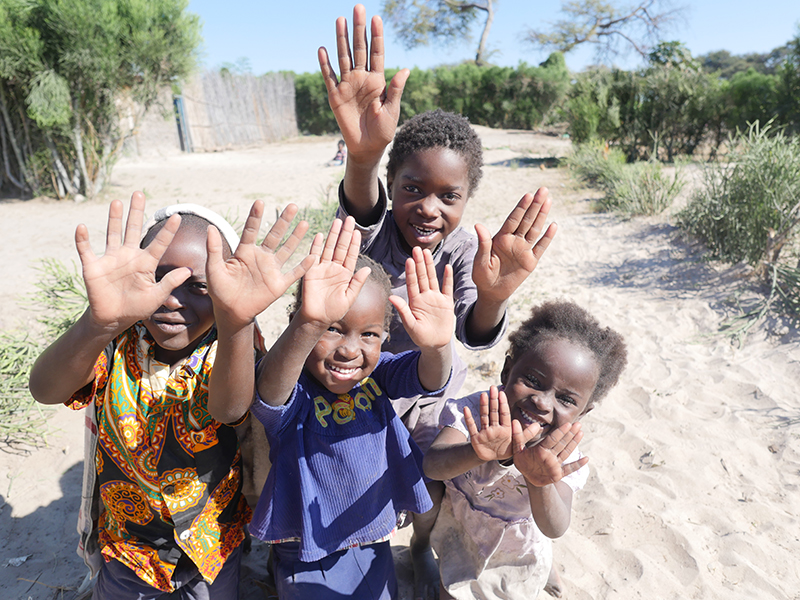
An alternative: family-based care
One of the problems with short-term volunteering is that it may exacerbate harmful abandonment issues. Many children living in orphanages have suffered abandonment earlier in their lives. Having regular, short-term visitors, with whom they may form a bond, can reignite and worsen damaging feelings of abandonment.
Instead, family-based models of care, supporting living relatives or finding foster homes, offer a much more nurturing and sustaining environment for children. It’s also a more cost-efficient option – caring for children in orphanages is up to ten times more expensive than hiring social workers to strengthen families. As James Kassaga Arinaitwe, CEO and co-founder of Teach for Uganda, puts it: “If you really want to help them, help their extended families take care of them.”
One charity that believes in stopping the institutionalisation of children and investing in family-based care is Hope and Homes for Children. Since 1994, they have helped close 130 orphanages and transitioned more than 18,474 into family-based care. Co-founder Caroline Cook says: “Over the years we have visited numerous orphanages in many countries. Some were awful and smelled so bad that we felt sick and wanted to leave; others were better, being reasonably equipped and staffed. But the one thing we never found in any orphanage was the feeling of unconditional love that is at the heart of a caring family. Love became the key to our work”.
Volunteering is still vitally important work. As J.K. Rowling explains: “Yes, volunteer – but plan carefully and thoughtfully. Your time and energy are precious: use them wisely and they will help change the world. Do not volunteer in orphanages. Instead, look at what drives children into institutions and dedicate your time to projects that tackle poverty or support communities with vital services.”
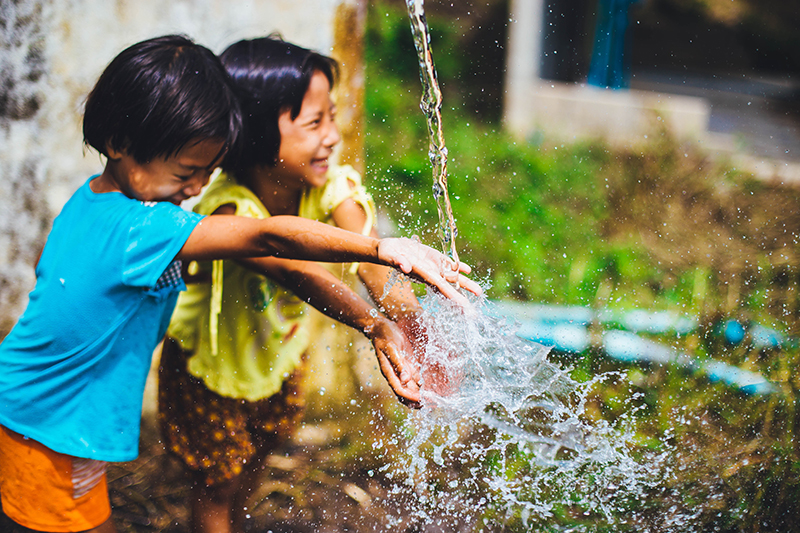
Written by Ellie Ross
